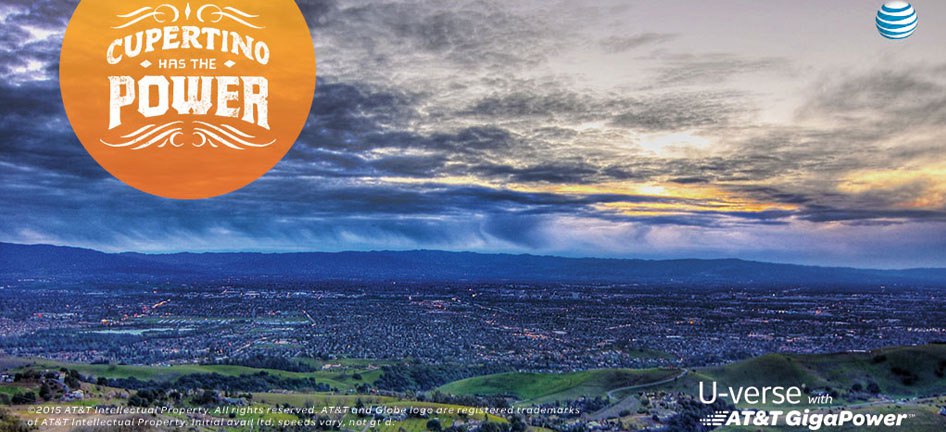AT&T Charges $40/Month More For Fiber Internet If Google Isn’t In Your Town Yet
Kansas City isn’t the only place where the presence of competition results in a lower price for AT&T’s gigabit service. Customers in Austin can also get service for $70, if they’re willing to opt into the usage monitoring. And guess who else operates in Austin? Google Fiber.
Over in Dallas, AT&T’s home turf, you’ll pay the $110/month rate for AT&T’s highest-speed offering. As you’ve probably guessed, there’s no Google Fiber there.
Okay, so AT&T U-Verse users in Cupertino and Dallas can’t get the $70/month rate, but at least they won’t have to compromise their privacy to save $40/month, right?
Nope, as Ars Technica points out, the $110/month rate in these markets doesn’t give you the option of avoiding the monitoring.
AT&T has not yet announced pricing for other planned markets like Atlanta, Chicago, Nashville, and Charlotte, but we have a hunch those rates will be based on whether or not Google Fiber has staked a claim on the area too, as there are a number of overlaps between the two lists.
Google has already confirmed plans to expand to Charlotte and Raleigh-Durham in North Carolina, Atlanta, and Nashville.
The folks in Cupertino may eventually see a price drop, as Google lists the San Jose market (which would presumably encompass Apple’s hometown) as a “Potential Fiber City.”
This all underscores how vital competition is for consumers. Without a competitor offering comparable high-speed fiber service, AT&T is free to charge $40/month more than it does as soon as a viable competitor enters the picture.
The pay-TV industry — which blossomed into the consumer broadband business just because these companies had lines that could carry the signals — has benefited for decades from near monopolies in most parts of the country, as local franchise agreements gave these businesses exclusive access to area homes and utility poles.
This lack of competition also allowed for a few giants like Comcast and Time Warner Cable to grow by simply gobbling up smaller companies without setting off regulatory alarm bells. Since, by design, Company A doesn’t directly compete with Company B, a merger of the two can’t result in less competition, but it does lead to the combined Company AB having greater control over the pipelines through which consumers get their information.
And even though AT&T’s Giga Power service is a newcomer that could disrupt the marketplace dominated by the cable TV titans, the company is choosing to put a premium price on its product, meaning it’s not much of an option to cash-strapped consumers. That is, unless Google Fiber is nearby.
This is not to say that Google Fiber is any sort of pro-consumer miracle cure-all, but it does exemplify how competition can keep prices down.
Want more consumer news? Visit our parent organization, Consumer Reports, for the latest on scams, recalls, and other consumer issues.


